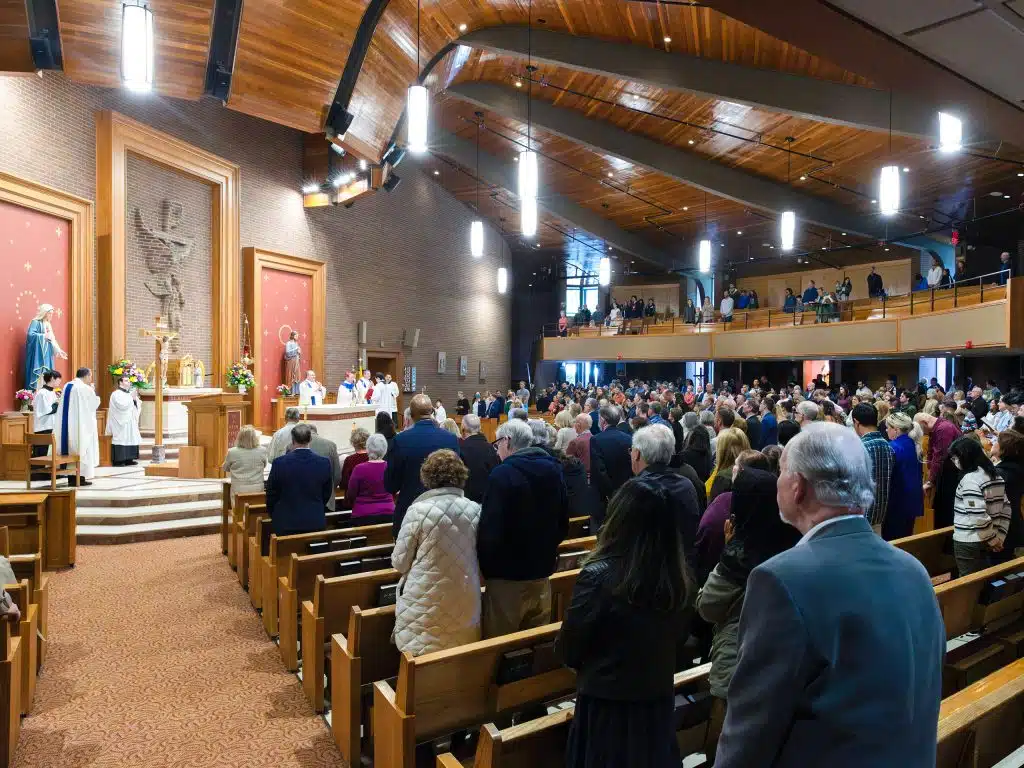Subscribe to the Catholic Herald podcast on iTunes, Stitcher or Google Play Music.
The time is here. More than 3,000 Hispanic Catholic leaders and others from nearly every diocese in the country will meet in Dallas Sept. 20 for the V National Encuentro of Hispanic/Latino Ministry (V Encuentro) main meeting.
The gathering is the high point of a process that began in 2013 when several committees of bishops at the U.S. Conference of Catholic Bishops explored the idea of convoking the V Encuentro. The effort soon became a core activity within the conference’s plan of action.
Most participants in the V Encuentro national meeting are delegates from parishes and dioceses. I will be part of the delegation from the Archdiocese of Boston, my home diocese, led by Cardinal Sean P. O’Malley.
I also will represent Boston College, the Catholic university where I teach, which has generously supported several moments of the process. Also, I will attend as a member of the national team supporting the process.
I have been invested in this process from the beginning and believe in its potential. It has not been a perfect process, of course. However, the V Encuentro is, without a doubt, yielding important fruits for the entire Catholic community in the United States.
Delegates and participants in the V Encuentro have been engaged in a multiyear process of listening to Hispanic Catholics where they are: parishes, schools, fields, streets, offices, prisons, hospitals, borders, apartment buildings, etc. Many Hispanic Catholics live in the peripheries of church and society.
The process has been an opportunity to reach out to hundreds of thousands of Hispanics and ask them questions they often do not hear from fellow Catholics and pastoral leaders on a regular basis.
They were asked how they experience the love of God every day; what are some of their most urgent spiritual and physical needs as Hispanics; how they would like the church as an institution to walk with them and their children; and how they would like to be involved in the process of evangelization.
Many of those we encountered in the process are immigrants. They told us of a shared sense of fear and uncertainty that invades their present experience. They would like their church to do more for them. Many are U.S.-born young Hispanics who feel somewhat abandoned by our parishes and pastoral initiatives.
While agreeing that the church as an institution — and all Catholics regardless of our culture, race or social status — could do much more to be in solidarity with them, working with them to build strong faith communities, it was encouraging to learn that most Hispanics we met who self-identify as Catholic want to keep their faith and grow in it.
Hispanic Catholics in general want to remain Catholic. Is the rest of the church listening? Are we ready to embrace the gifts and contributions, questions and concerns of our Hispanic sisters and brothers so we can move on in this century as one church?
The delegates to the V Encuentro have heard these voices and their cries. We have the obligation to echo those voices and represent with honesty what we heard. The entire Catholic community in the United States has a responsibility to listen.
A large portion of the church speaks. The least we owe these sisters and brothers is to pay attention.
What to expect from the V Encuentro national meeting? We should expect God’s Holy Spirit to speak clearly and strongly through our Hispanic sisters and brothers calling us to be church and to live the Gospel authentically. Let us heed those voices. We need a breath of fresh air.
Ospino is associate professor of Hispanic ministry and religious education at Boston College.


